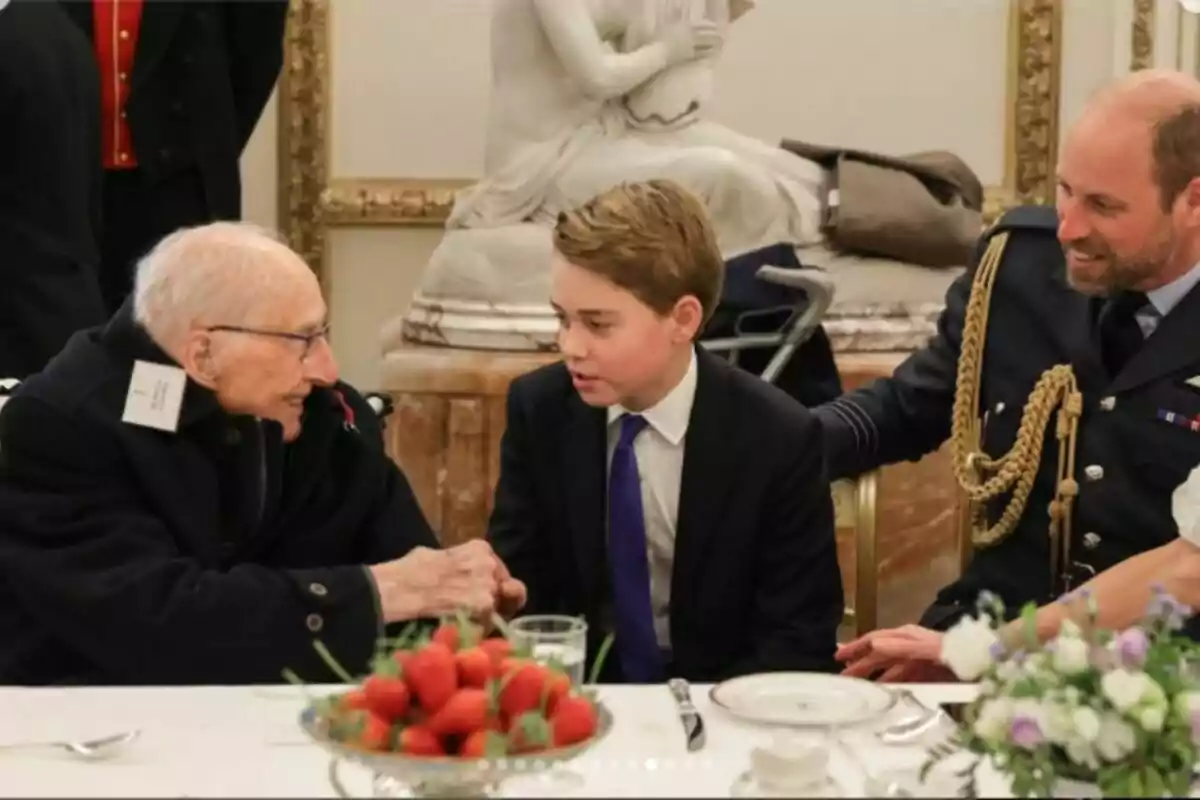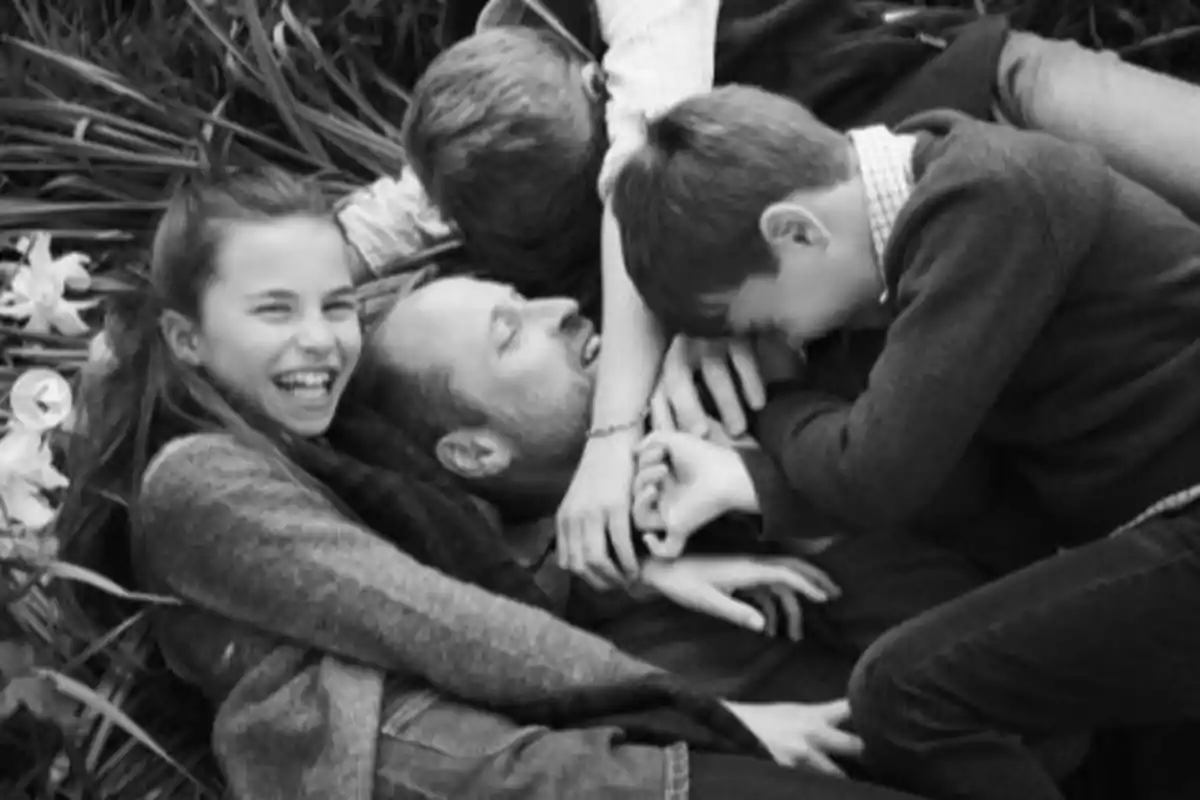Next Tuesday, July 22, Prince George of England will turn 12 years old. This birthday marks a key moment in the life of the son of the heir to the British throne. Although for many it may be just another year of age, in the British royal family it has a special meaning.
For decades, there has been an unwritten rule in royalty that requires heirs to change certain habits when they reach that age. George and William will have to prepare for this new stage, which will not be easy at all.

Prince George takes a big step toward maturity
Next July 22 will mark not only a birthday for George, but also a significant change in his life. This unwritten rule represents a step toward maturity and the responsibilities that come with being part of the royal family.
Although the measure may seem like a nuisance for the family, it reflects the need to protect the line of succession and ensure the stability of the kingdom. George and William are facing this moment together, aware of its importance for the future.
Prince George is thus beginning to take on the rules that will shape his adult life. Meanwhile, his father, Prince William, is preparing to support and guide his son in this new chapter.

For Prince George, turning 12 years old and having to take on this rule will be a complicated moment. Jennie Bond, an expert on the British royal house, points out that for a child, this measure represents a reminder of his responsibilities as an heir.
"This clearly shows how his destiny is being shaped and how different it is from other children. It must be hard to accept for someone so young," Bond adds. The mandatory separation on certain trips could affect his close relationship with his father.
William, meanwhile, will also have to adapt to this change. The British royal family has always been very close, and this new distance in their travels poses an emotional challenge for both of them.

A safety rule that weighs on the family
This unwritten rule states that, when an heir turns 12 years old, he must stop traveling with his parent on certain means of transportation. The main reason is safety: if one of the two were to have an accident, the other would be protected and the line of succession would be secured.
Although the rule has been strictly followed for years, there is no consensus on whether it applies to all types of transportation or only to flights, such as airplanes and small planes. On land or by boat, the rule may not be as strict.
Bond comments that this measure would apply mainly to flights. She also notes that, despite understanding its importance, it will be difficult for the family to adapt: "It's going to be a nuisance for them because they're very close and they enjoy traveling together," Bond says.

An unchangeable tradition or a custom to reconsider?
Although the rule is deeply rooted, it is not clear whether Prince William will follow the tradition to the letter. Bond believes that William is a self-sufficient and practical person, which could lead him to question this custom.
She mentions that some statistics suggest that flying is safer than driving, which could influence William's decision to keep or not keep this rule. For now, it remains to be seen whether the tradition will be kept or adapted to modern times.
This possible exception shows how the monarchy seeks a balance between safety and modernity. They keep the protocol and tradition, but they also want to adapt to current times.

